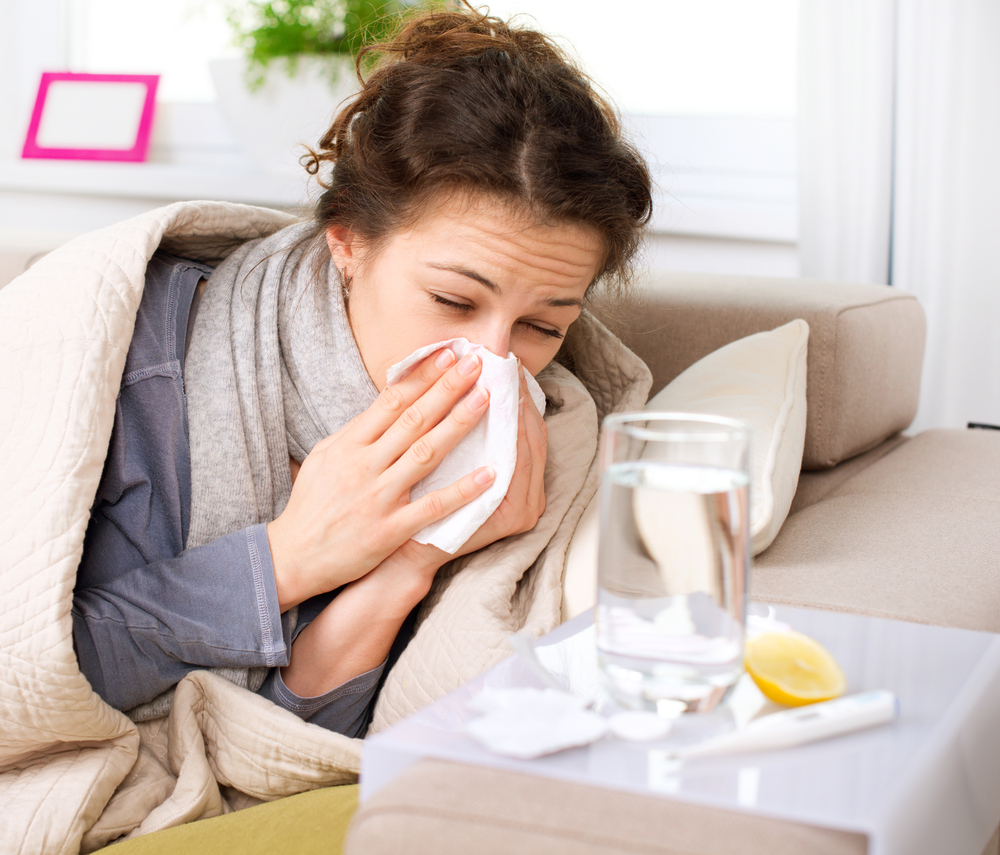Different Types of HPIVs
- HPIV-1 is the leading cause of croup in children.
- HPIV-2 also cause croup but are less often than HPIV-1.
- HPIV-3 is more often associated with bronchiolitis, bronchitis, and pneumonia.
- HPIV-4 is recognized less often but may cause mild to severe respiratory illnesses.
Symptoms of respiratory illness may include:
- Fever
- Runny Nose
- Cough
- Sore Throat
- Sneezing
- Wheezing
- Ear Pain
- Irritability
- Decreased Appetite
Symptoms of severe lower respiratory illness may include:
- Croup (an infection of the vocal cords, windpipe and bronchial tubes)
- Bronchitis (swelling of the main air passages that connect the windpipe to the lungs)
- Bronchiolitis (swelling in the smallest air passages in the lungs)
- Pneumonia (an infection of the lungs)
Young children are more likely to have severe illness, but older adults and people with weakened immune systems are also at risk.
You can have multiple HPIV illnesses in your lifetime.


